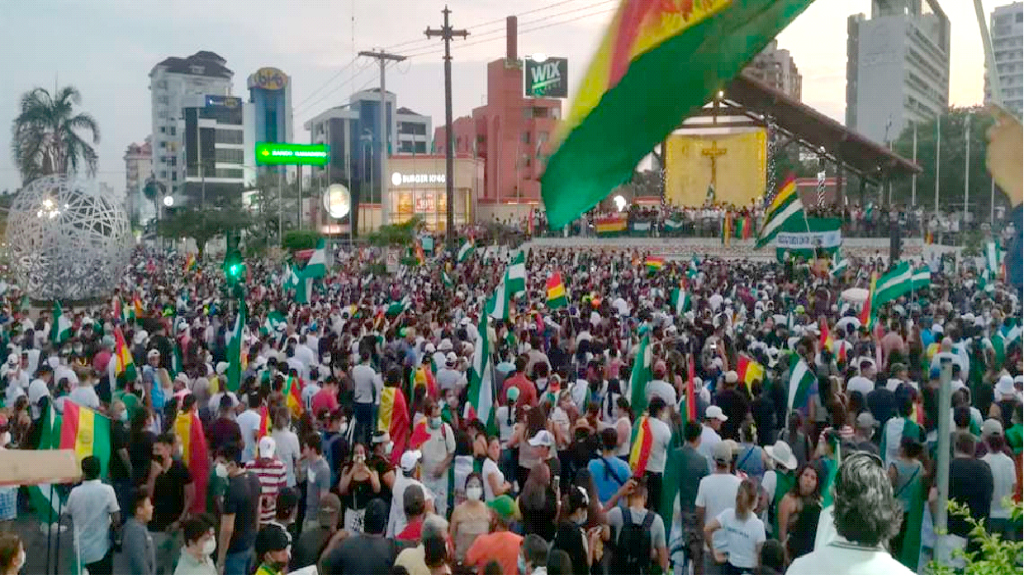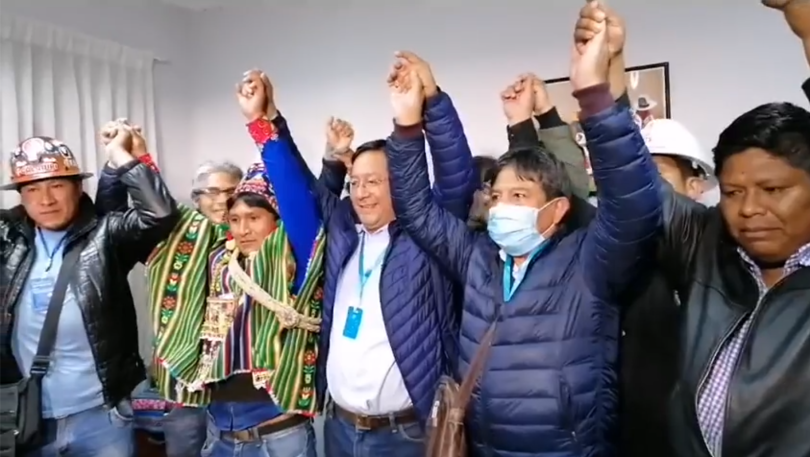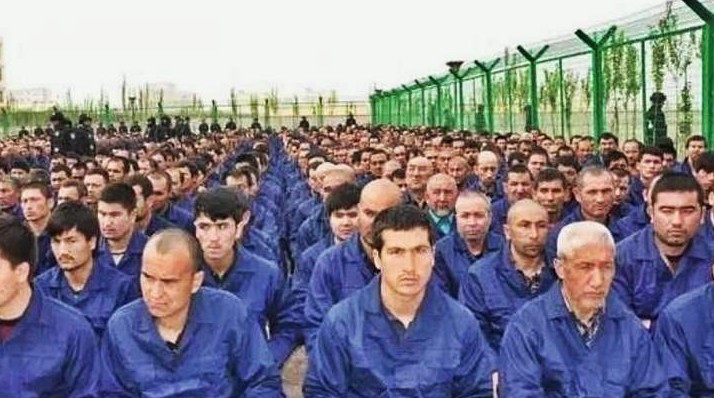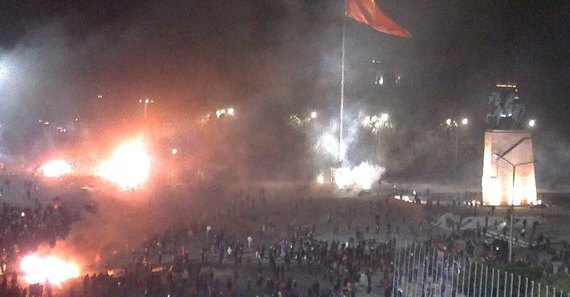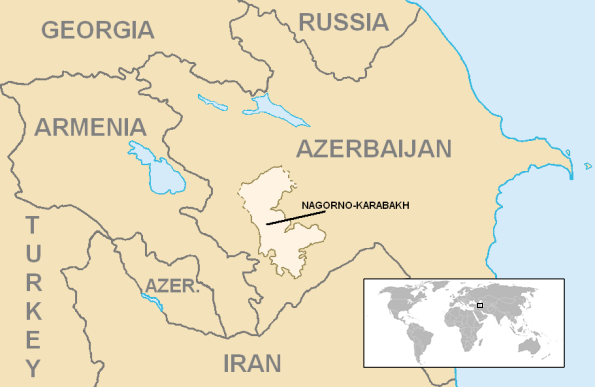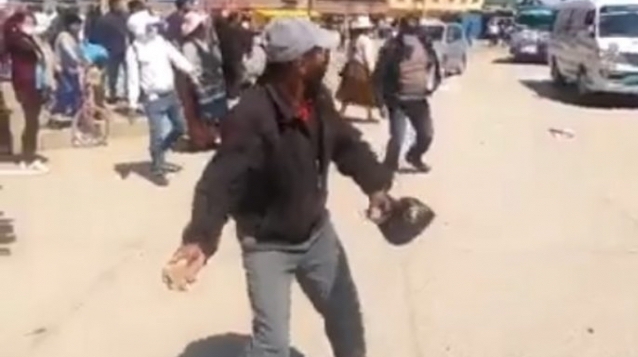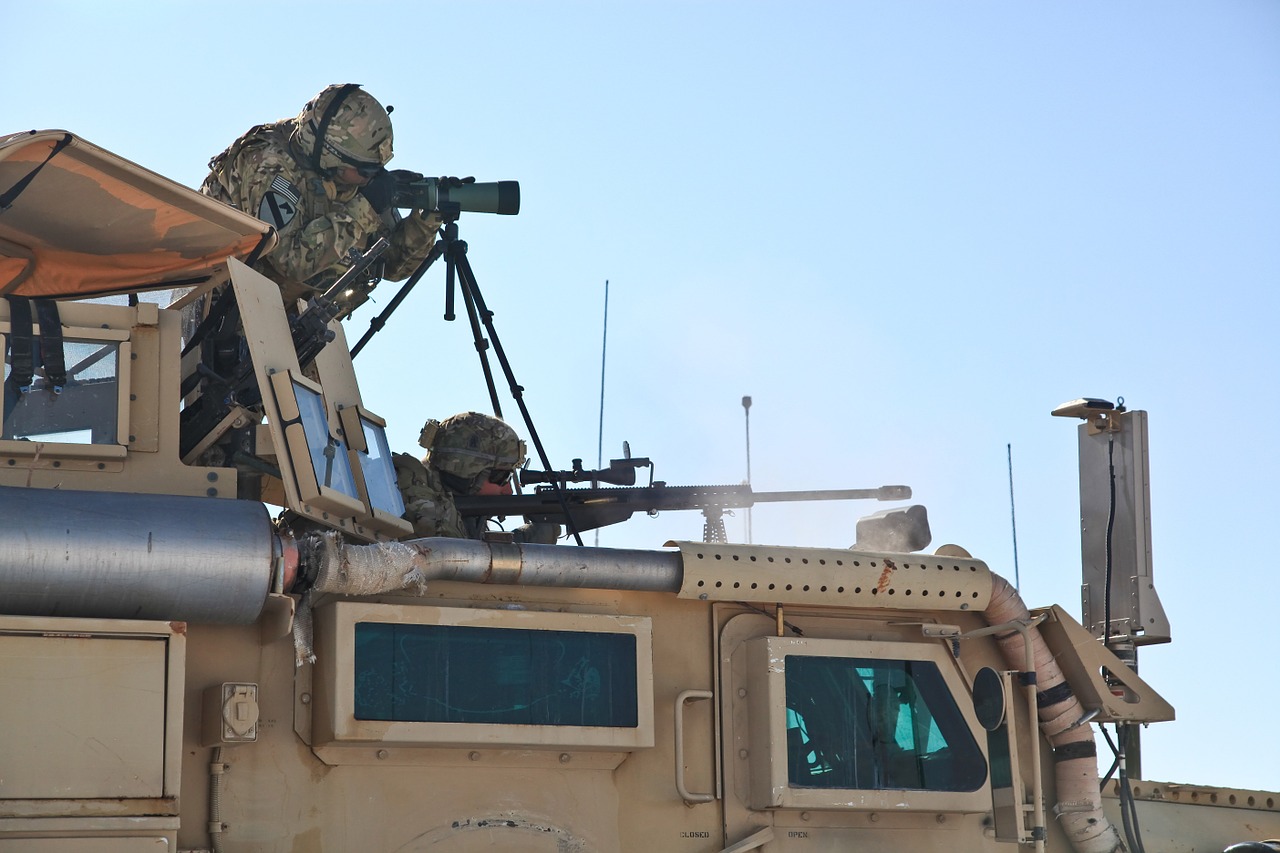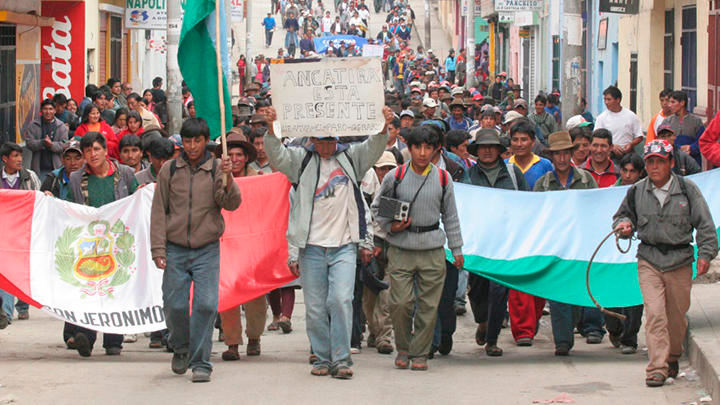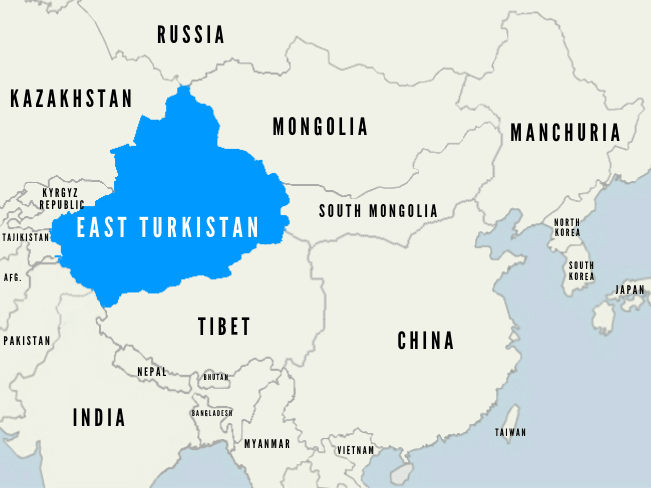
ETIM dropped from US ‘terrorist’ list: how real?
Secretary of State Mike Pompeo announced that he is revoking the “terrorist organization” designation of the supposed “East Turkestan Islamic Movement”—an entity that may not actually exist in any organized sense but has been used to justify China’s mass detention of the Uighurs in Xinjiang region. Reaction has been perfectly predictable. The Washington-based Uighur Human Rights Project called Pompeo’s decision “long overdue” and a “definitive rejection of China’s claims.” It was likewise applauded by the DC-based self-declared East Turkistan Government in Exile. Beijing’s Foreign Ministry accused the US of “backpedaling on international counter-terrorism cooperation,” and expressed China’s “strong dissatisfaction and firm opposition to the US decision.” (Map: East Turkistan National Awakening Movement)



